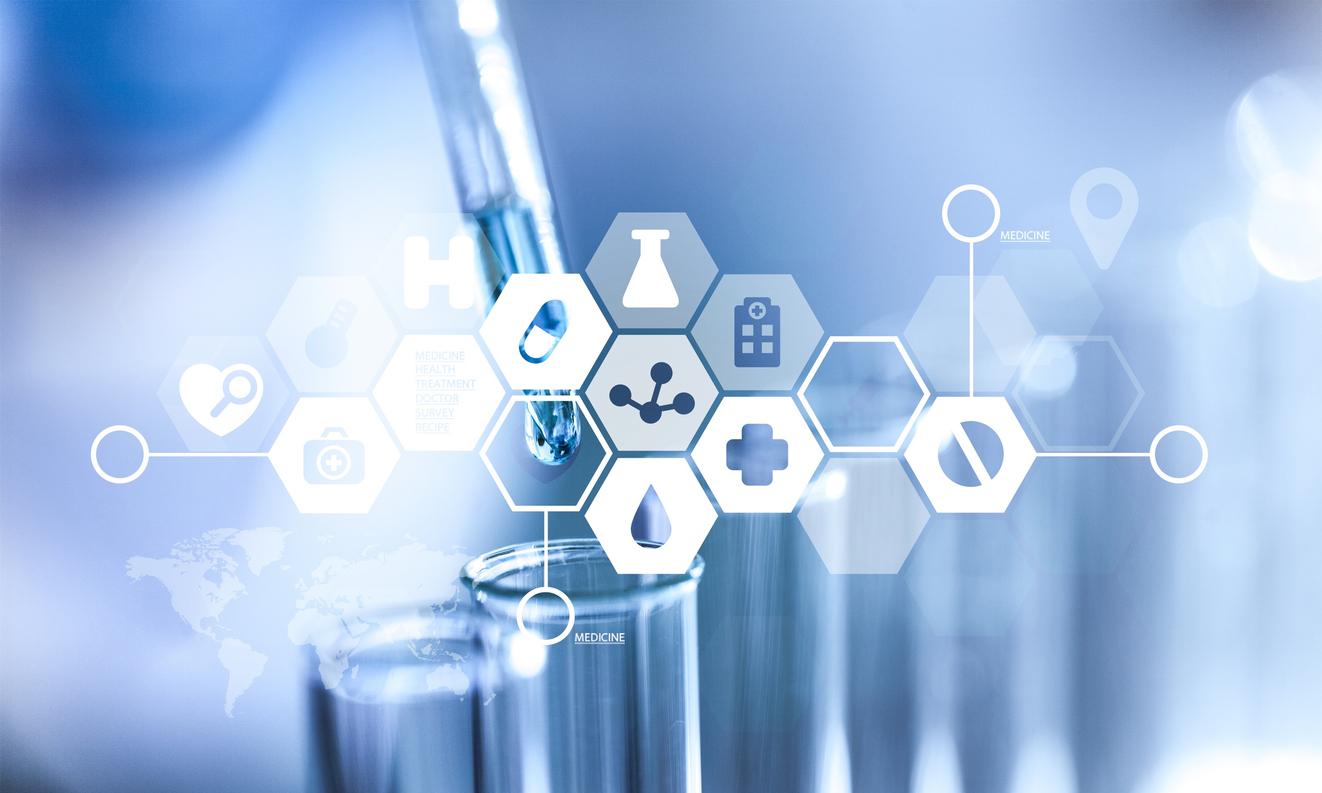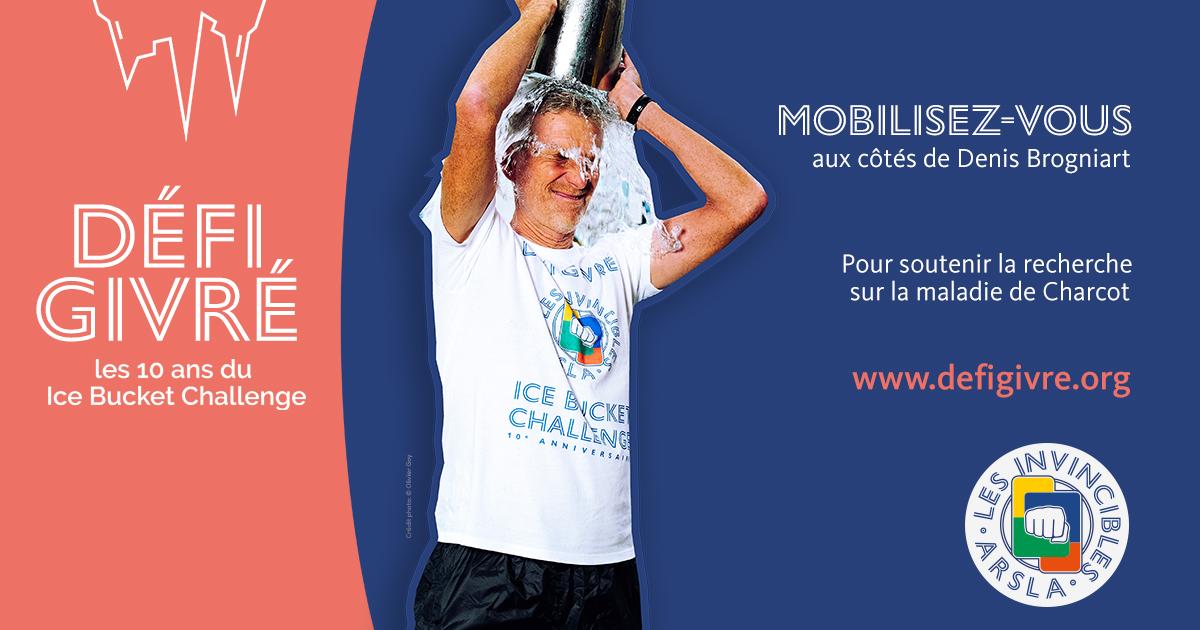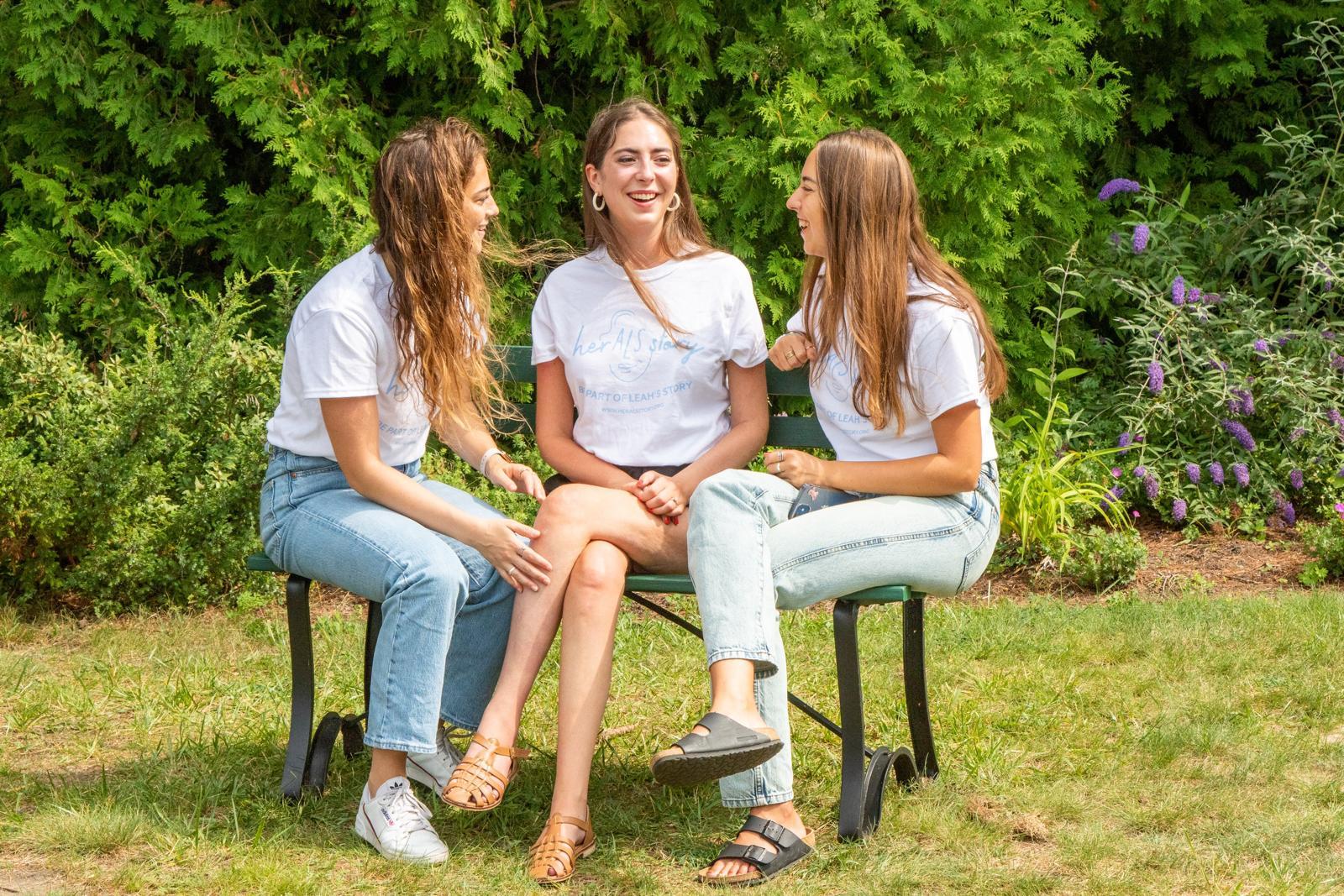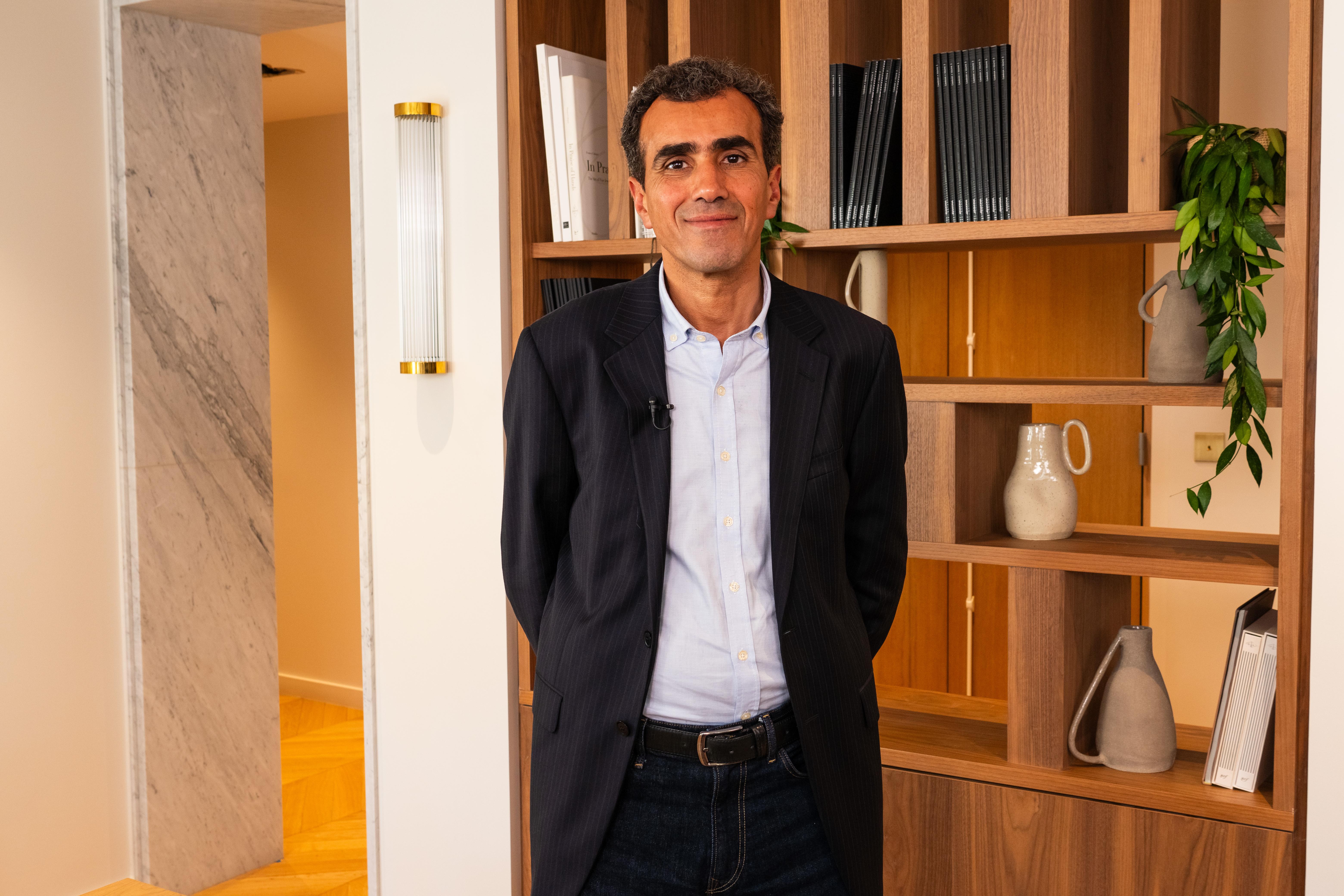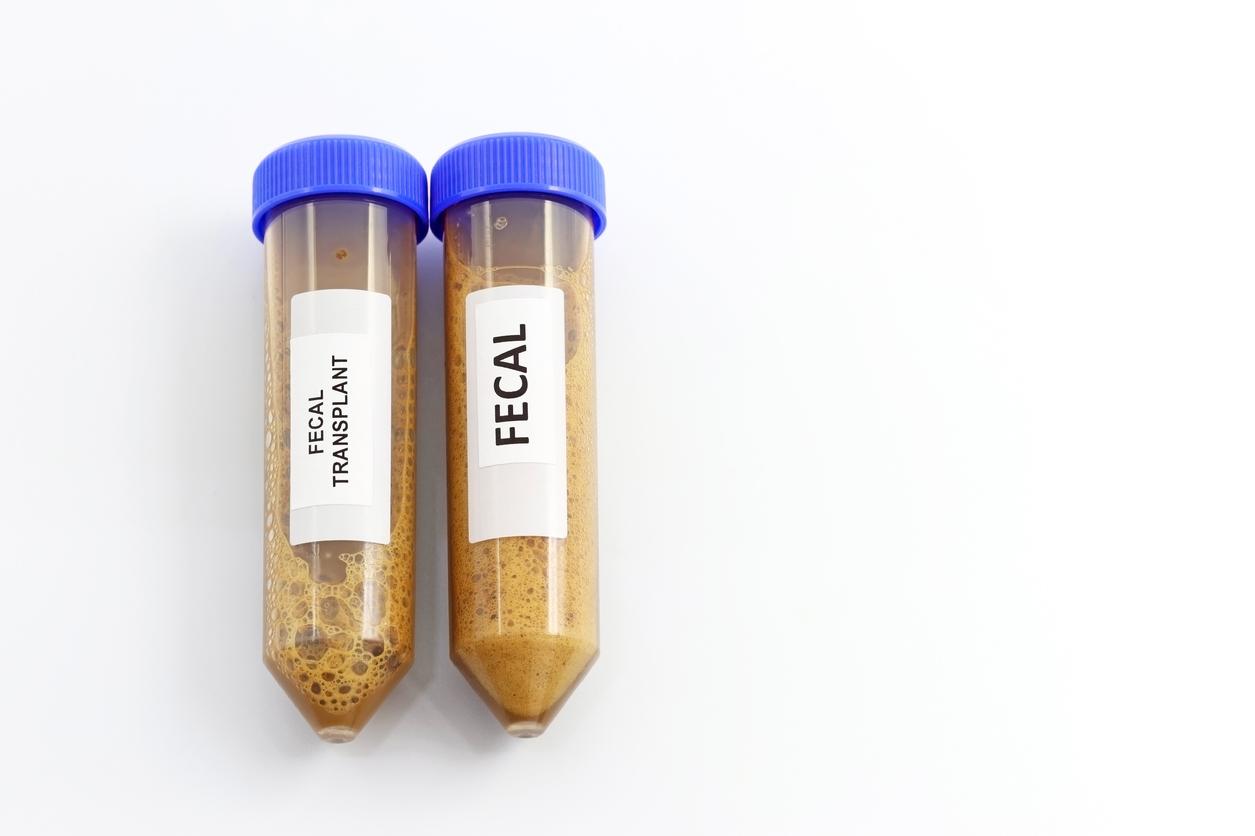Having suffered from amyotrophic lateral sclerosis (ALS) for almost two years, Lorène speaks to us clearly about her daily struggle and the incredible resilience she finds within herself to face each day.
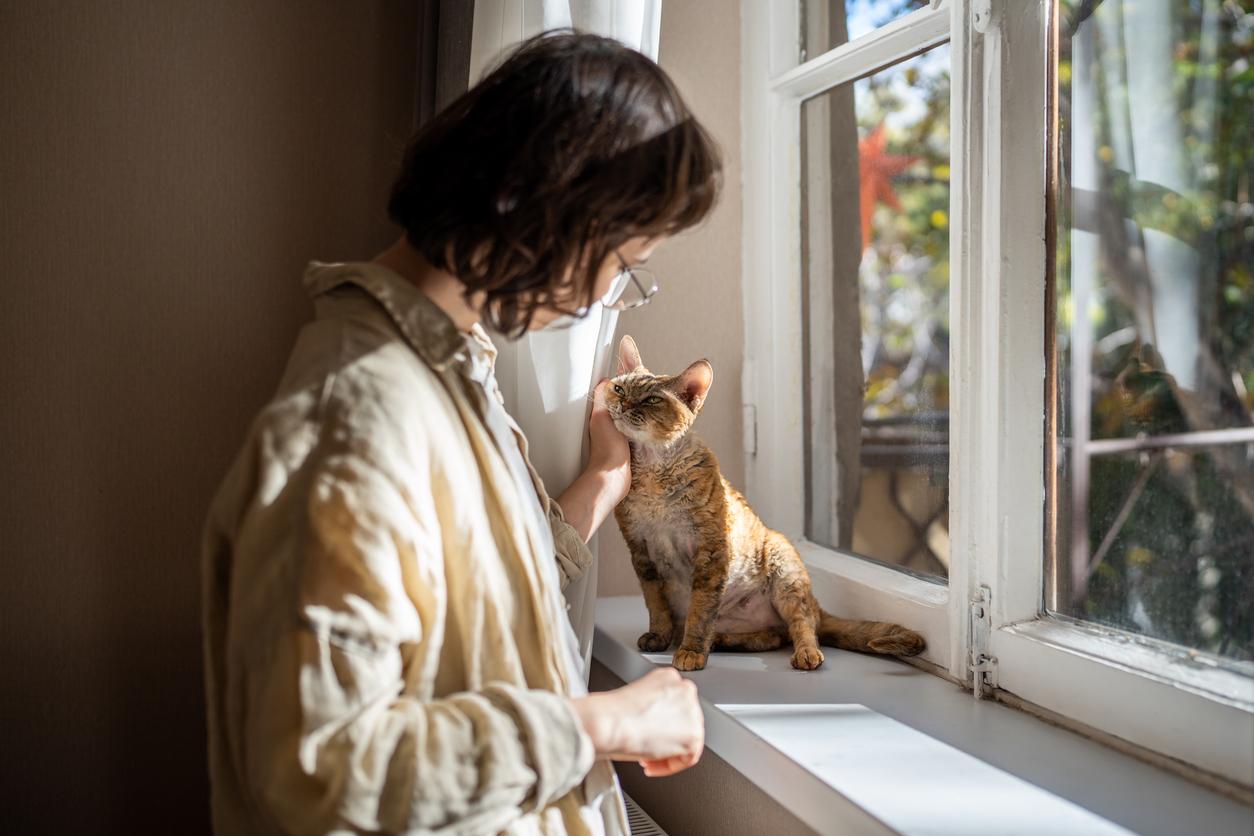
- Lorène Vivier was diagnosed at the age of 35 after a sudden and unexpected loss of strength in her left hand.
- According to ARSLA: “ALS can affect anyone, young or old, without any particular predisposition.”
- Life expectancy after being diagnosed with amyotrophic lateral sclerosis is estimated to be between 3 and 5 years.
Why Doctor: Can you tell us about your experience with Charcot’s disease and how you were diagnosed?
Lorène: I was diagnosed at the age of 35, that is to say less than two years ago. My first symptom was a loss of strength in my left hand that started at the beginning of 2022. As a result, I was hospitalized for three days. I had a lot of tests: blood tests, breathing tests, a lumbar puncture, an electromyogram, a brain MRI, a blood gas. It was my party for three days and the diagnosis was made.
How did the first symptom appear?
When I wanted to lock my car with the key: that evening I had shopping bags in my arms, but even though I am right-handed, I couldn’t press. I found it strange but I didn’t pay any more attention to it than that, I put it back on the cold without really worrying… Until I realized that this loss of strength was recurrent. When carrying my shopping, for example, the items could fall off my left arm even though they were light, it could be a box of tissues! At the time I was a masseuse and I had less strength in my left hand too… Everything seemed heavier than expected. Even when I wanted to cook, I had trouble holding the utensils, the dishes.
And today ?
My left arm is thin, it even goes down to my shoulder and shoulder blade, I can hardly carry anything anymore. My hand muscle has atrophied.
“As if I only lived with one arm”
What are the biggest challenges you face on a daily basis?
In everyday life it becomes a bit complicated… I have my autonomy stolen from me in each of my everyday actions like unbuttoning jeans, emptying a dishwasher, hanging out the laundry, peeling or cutting vegetables. Just now, I prepared a tomato salad and it took me a long time because I couldn’t grab the tomato. As if I only lived with one arm.

What do the doctors advise you?
I go to the physiotherapist every day to mobilize my hand, to continue to keep the muscles I still have. But above all, they advise me to use my hand as if it were fine and not to put it aside. I often keep in mind what my neurologist once told me: “I know ALS but I don’t know yours”, because there is one for each person to varying degrees.
How has Charcot’s disease impacted your personal and professional life?
It’s been a year since I stopped working. You know when you’re given a diagnosis like that, life takes on a different meaning and other priorities come into play. Today I want to get involved in fundraising for the disease. I’m thriving extremely well in my current life, it has more meaning, I have the luxury of being able to live my life with my schedule, which removes a source of stress. Now, today, I tell myself that I deserve it.
What strategies or tools do you use to manage symptoms and maintain quality of life?
After a year of waiting, my MDPH application was accepted and as a result I have the right to a daily caregiver for cooking, cleaning, and a lot of other things. And that’s great!
Is there a message or advice you would like to share with others living with ALS or their loved ones?
To keep my spirits up and talk about this disease, which is, in my opinion, much too much in the shadows and silence. But also to find meaning in life. It may seem crazy but since the diagnosis I love my life, I have met incredible people, I have lived crazy moments! It is not easy, it is a complicated diagnosis especially when it is announced to you at 35 years old, because life expectancy is estimated between 3 and 5 years… Some people tell me “I don’t know how you do it”, but I can’t stay at home and wait for it to pass. Science has to be interested in it, research has to help us, we have to find solutions together, we have to go for it. It is not easy every day, but the real treatment is in the mind!









-1721998247.jpg)
